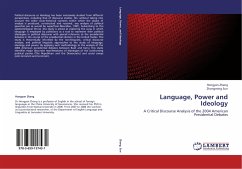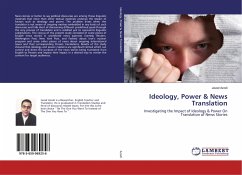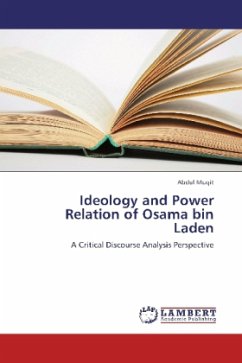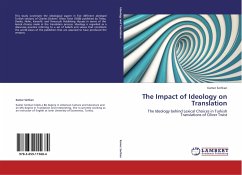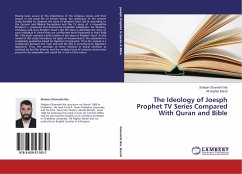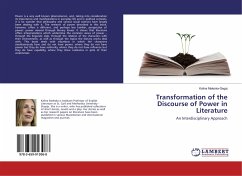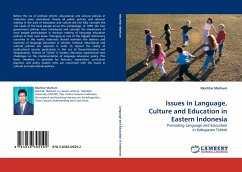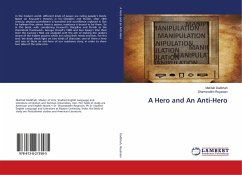Political discourse or ideology has been extensively studied from different perspectives, including that of discourse studies. Yet, without taking into account the wider socio-historical contexts within which the object of analysis is produced, constructed and received, any analysis of political speeches per se would be superficial (Bourdieu, 1991). Subscribing to this epistemological thrust, this study is aimed at exploring the ways in which language is employed by politicians as a tool to represent their political ideologies in political discourse with special reference to the presidential debates in the course of the presidential election in the United States. This study is theoretically informed by the non-linguistic, critical discourse analysis, and political linguistic approaches to the study of language, ideology and power. By applying such methodology to the analysis of the 2004 American presidential debates between Bush and Kerry, this study identifies major discursive manifestations of ideologies of the confronting political parties (The Republican and the Democratic) and social camps (anti-terrorism and terrorism).
Bitte wählen Sie Ihr Anliegen aus.
Rechnungen
Retourenschein anfordern
Bestellstatus
Storno

